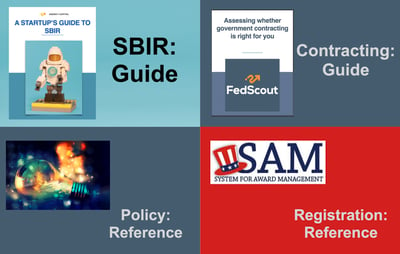Time to read: 4 min
What’s in it for you: Winning your first contract is the passage from having a concept to having a real company. But figuring out how to deliver on that contract while protecting you and your family requires careful preparation.
Is it worth reading: If you want to minimize risk to you and the people who depend on you while delivering on your first contract then yes.
Content
- The first-win typical scenario
- The tension
- The pros and cons of different ways to staff your first contract
The first-win typical scenario
Here’s the scenario, you win your first contract, probably as a sub to a prime vendor, and let’s say it is for two people for six months of work. So what does that mean:
- You need to deliver 80 hours of work each week in support of the contract
- You will need to provide some amount of management and administrative support to the people doing the work (e.g. payroll and benefits)
- The prime likely used your resume as part of the proposal to the customer. So the prime, and the government customer probably expect that you will be directly involved.
And most likely you are working a day job that is paying the mortgage and providing for your family
The tension
The key tension is whether to leave your day job.
- If you stay at your day job can you still deliver on the work (find the people to hire, manage them, make the prime comfortable that you aren’t there full time)
- If you quit your day job what are you going to do when the contract ends?
The pros and cons of different ways to handle this:
|
Option |
Pros |
Cons |
|
Staff yourself full time |
|
|
|
Split the work with a partner and go part-time at your current job |
|
|
|
Split the work with a partner, do all the contract work during nights and weekends, stay full time on your day job |
|
|
|
Hire someone full time |
|
|
I know this is a tough decision but if in doubt I highly recommend trying to keep your day job, at least part-time for as long as you can (I’ve seen people with four active government contracts who were still working full time at their day jobs and managing the contracts at night).
Other GovCon & SBIR guides, classes and analysis





